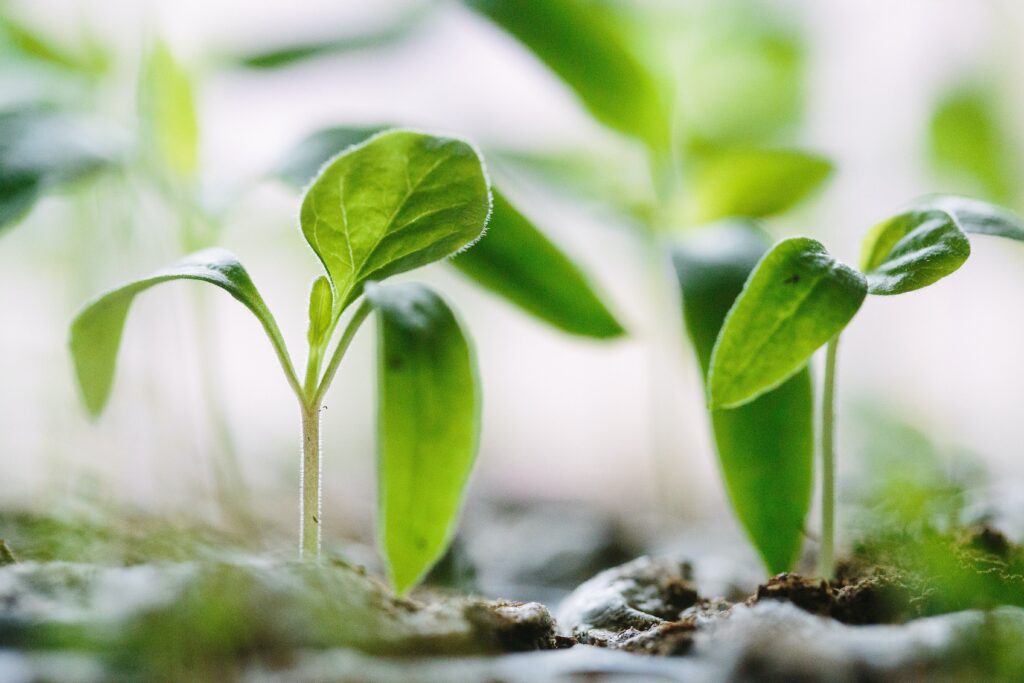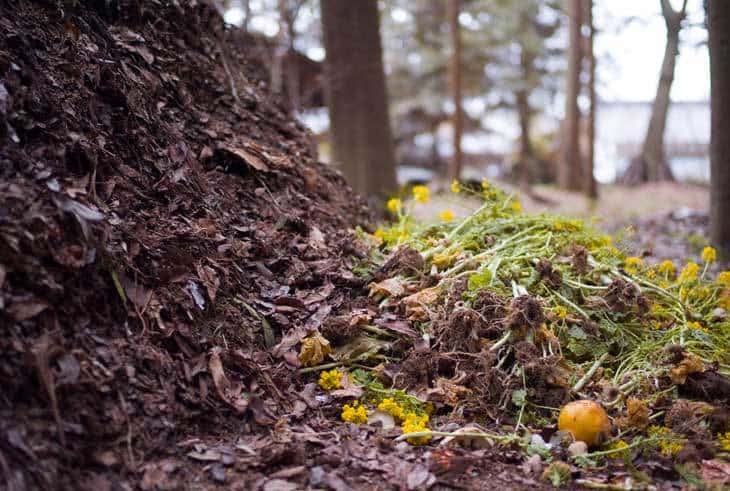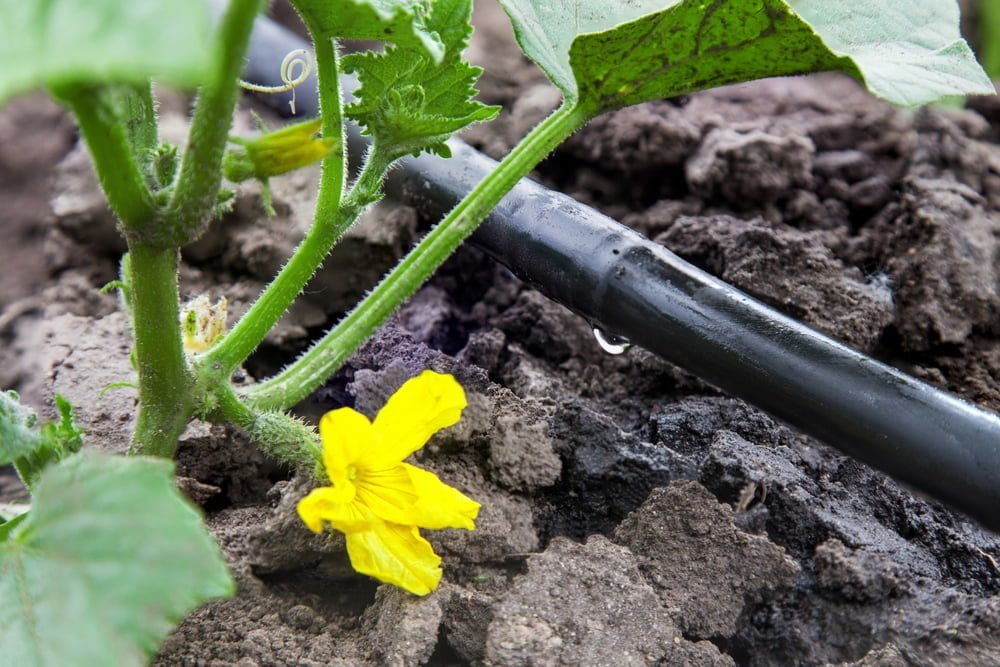Keeping your garden healthy and happy does not have to be a time-consuming and tedious task. Starting off on the right foot will help you maintain your garden without it becoming a laborious, overwhelming chore.
Soil, sunlight, space, water, and protection against plant diseases are critical components that promote garden health.

Disease occurs when harmful bacteria attacks a sick plant and disease is encouraged through conditions such as humidity or drought. To avoid this, it’s important to have healthy plants in healthy soil. When obtaining plants for your garden ensure there is no root rot, leaf spots or nested insects that can spread disease to the rest of the garden.
Using properly composted waste kills off pathogens because of the high temperatures generated over time in the compost. However, different garden waste may decompose at different rates so if infected plants are included in the compost but have not had time to break down, you could reintroduce disease if adding the compost to the garden. Make sure the compost has putrefied properly or avoid adding diseased plants to the compost heap.

Insects like Aphids are common pests that spread quickly. Always monitor your plants, specifically under the leaves to ensure bugs are not making themselves at home. Once an infection takes hold, it can be very difficult to get rid of. Prevention is better than cure!
Weekly and seasonal gardening cleaning is an effective way to clear old and rotting leaves that can attract disease that will invade your garden beds. Trim your trees and shrubs before the spring to eliminate infected stems and limbs and before new growth appears. Sharp clean cuts make way for living, healthy tissue to grow.
When planning out your garden, it’s beneficial to know which plants love shade and which plants love sun. A plant that thrives in shade can be easily infected if exposed to too much sun and vice-a-versa. If a plant prefers sun but is placed in shade, it will be susceptible to fungus like powdery mildew.
How and when you water your garden is also crucial to garden health. It is considered best to water first thing in the morning as opposed to late in the evening because the water remains overnight with no evaporation and it keeps the area wet and cold and results in the growth of fungi and bacteria.

The method of watering is key because you want to avoid wetting the plant’s foliage to prevent mildew and leaf rot. Drip irrigation or soak hoses are preferable to using sprinklers that distribute the water over the plant. And the water may not reach the plant roots, which is where it’s needed most.
Lastly, keep adequate spacing between places to stimulate airflow and allow plant foliage to remain dry. When plants don’t have sufficient space, they compete for water, light, and nutrients. And if any one plant gets infected, the chance of it spreading quickly is a lot higher when there’s little space between them!
